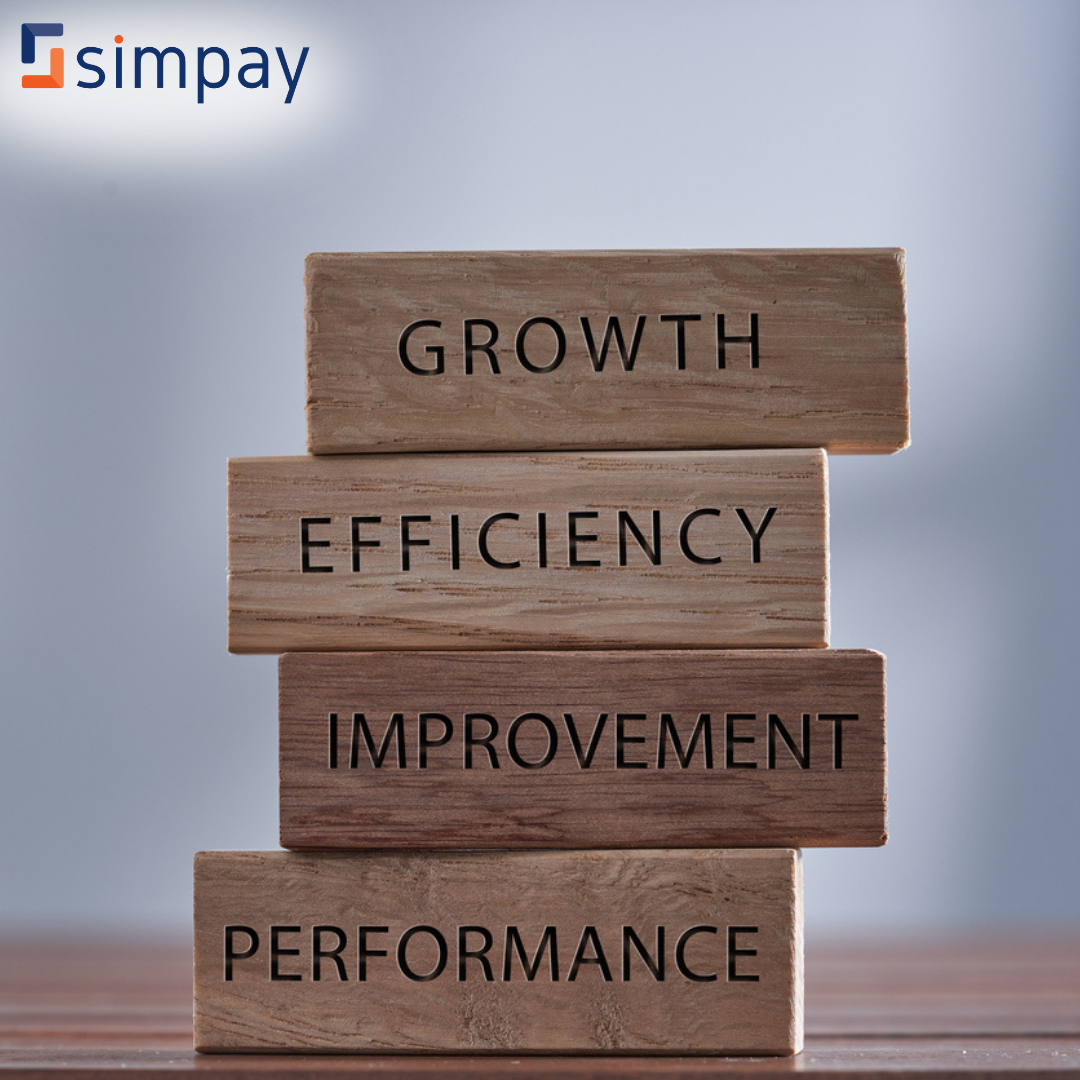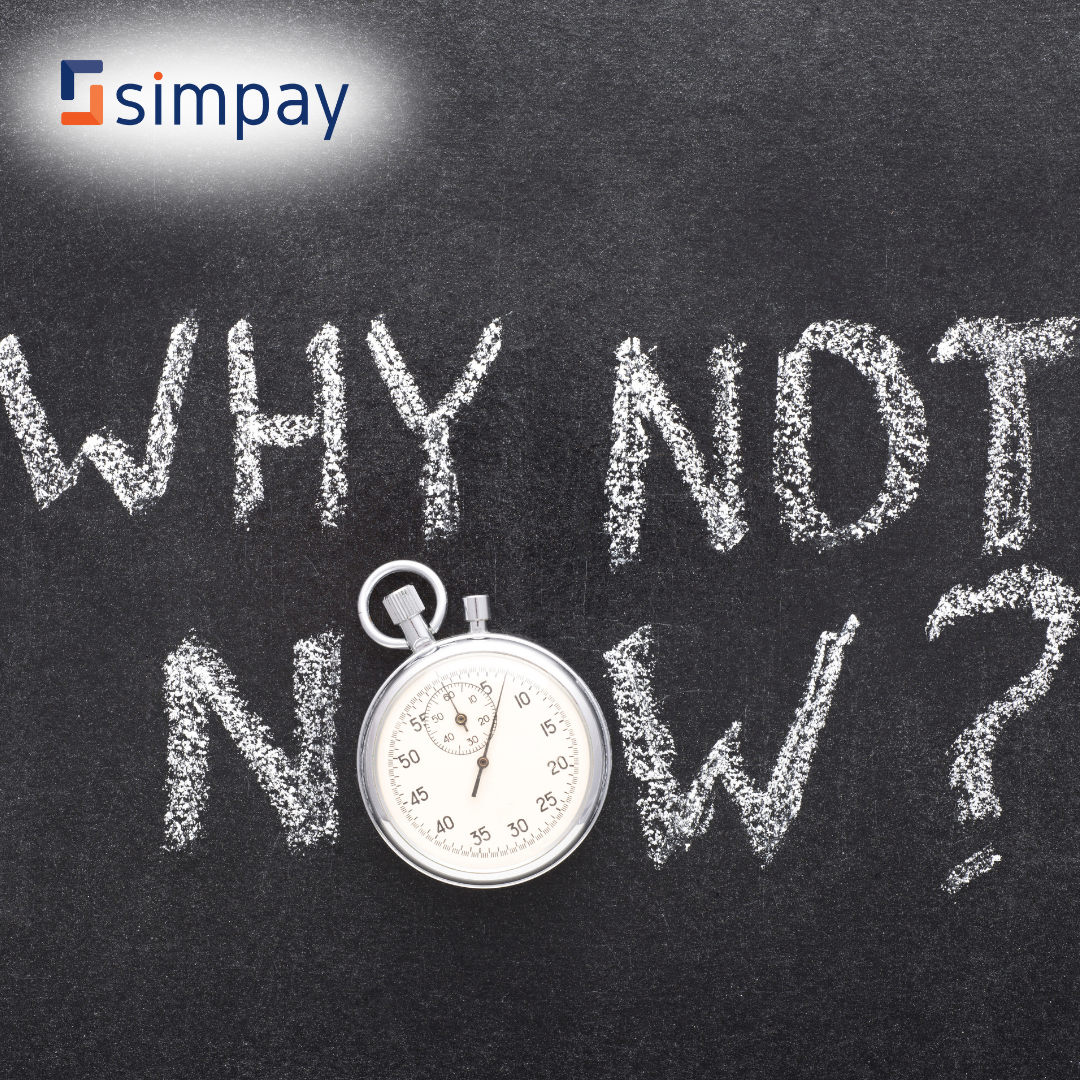Eliminating Non-Productive Sales Habits for Growth

Josh Elsass, CSO for Simpay, discusses how to identify and eliminate non-productive sales habits to drive growth and success in your sales endeavors.
Identifying Non-Productive Sales Habits
Recognizing and addressing non-productive sales habits is foundational to driving consistent revenue growth and elevating your performance as a sales professional. Procrastination, inconsistent follow-up, inefficient time management, or unclear communication can quietly undermine your progress, even for the most experienced team members. At Simpay, we encourage a proactive approach: take time to reflect on your daily sales activities and objectively evaluate which behaviors contribute to success and which may be holding you back.
Are there routines or tasks you find yourself avoiding or delaying? Recurring patterns like these often signal underlying non-productive habits. By honestly assessing your actions and their outcomes, you gain valuable insight into where improvements can be made. This self-awareness is the first step toward optimizing your workflow, maximizing your potential, and taking ownership of your sales results.
Understanding the Impact of Non-Productive Habits on Sales Performance
Non-productive sales habits can significantly hinder your ability to achieve optimal sales outcomes. These patterns, whether it’s procrastination or inconsistent follow-up, don’t just limit your results, they drain valuable time, erode confidence, and distract you from strategic objectives. Over time, unchecked non-productive habits may directly impact your earning potential and overall job satisfaction.
Awareness is the catalyst for change. By clearly understanding how these habits affect your performance, you’ll be empowered to take decisive action. Recognize the direct link between these habits and your sales results—eliminating them isn’t just about improvement, it’s about unlocking your full sales potential and setting the stage for sustained growth.
Strategies for Breaking Free from Non-Productive Sales Habits
Breaking free from non-productive sales habits requires both intentional action and a commitment to meaningful change. At Simpay, we recommend taking a structured, proactive approach to help you adopt more productive behaviors and accelerate your sales success:
- Start by pinpointing the non-productive habits that may be holding you back, and set measurable, results-oriented goals to guide your improvement.
- Replace old habits with purpose-driven alternatives. For example, if procrastination is a challenge, introduce a disciplined system for task prioritization and prompt execution.
- Leverage the expertise and encouragement available around you. Regularly connect with mentors, coaches, or trusted colleagues—these relationships provide the guidance, feedback, and support essential for sustained growth. Take their advice to heart, particularly from those with a proven track record of success.
- Establish and commit to a daily routine. Consistency in your processes lays the foundation for building new, lasting habits that drive performance.
- Continually review your progress and adapt as needed. Be sure to acknowledge—and celebrate—your milestones along the way; recognizing achievements, no matter how small, is key to maintaining motivation and momentum.
Implementing Positive Sales Habits for Sustainable Growth
Building a foundation for sustainable growth requires more than just addressing non-productive habits. It’s about intentionally developing the positive behaviors that drive lasting results. At Simpay, we believe in empowering sales professionals with habits that align with best practices and industry standards. Consider adding the following strategies to your daily routine:
- Set clear, attainable sales goals. Well-defined objectives provide you with direction and motivation, making each effort purposeful and measurable.
- Master effective time management. Prioritize high-impact activities, minimize distractions, and allocate dedicated time for prospecting, following up, and nurturing client relationships.
- Strengthen your communication skills. Transparent and confident communication is essential for building trust and credibility with your clients and is a key component in securing long-term business.
- Invest in continuous learning. Stay informed on evolving sales techniques, financial trends, and innovative technologies that can enhance your approach and give you a competitive edge.
- Foster a resilient, positive mindset. Embrace challenges as opportunities for growth, celebrate wins, both big and small, and lead with a solution-driven attitude.
By proactively cultivating these positive sales habits, you position yourself for consistent growth, improved client satisfaction, and greater success in your sales journey.
Measuring the Progress and Success of Eliminating Non-Productive Sales Habits
Measuring your progress and success in eliminating non-productive sales habits is crucial for continuous improvement. Here are some ways to measure your progress:
- Track your sales activities and results. Monitor key metrics such as the number of calls made, meetings scheduled, and deals closed.
- Set benchmarks and compare your current performance to past performance. This will help you identify areas of improvement and track your growth over time.
- Seek feedback from clients, colleagues, or mentors. Their insights can provide valuable perspectives on your sales habits and performance.
- Reflect on your own experiences and evaluate how your new habits are positively impacting your sales results.
By consistently measuring your progress, you can ensure that you are on the right track towards eliminating non-productive sales habits and achieving sustainable growth.


